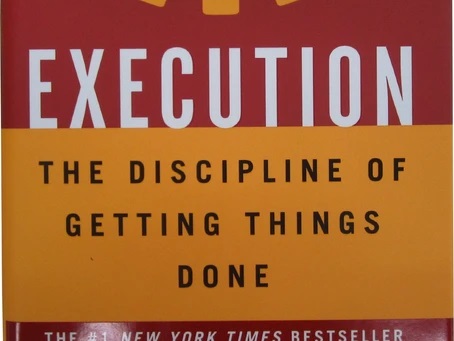Ram Charan and Larry Bossidy’s #1 New York Times Bestseller ‘Execution: The Discipline of Getting Things Done’ elicits how leaders must manage and strategize the moving parts of their organization to get the essential and valuable work done. This book highlights the importance of workplace mentoring, which attracts and retains its people and improves their skills, confidence, engagement levels, and performance. Charan and Bossidy provide us with the necessary tools to link people, strategy, and operations to pave the path for a successful business.
‘Execution: The Discipline of Getting Things Done’ explored the defining characteristics of a good mentor.
A good mentor will:
-
Invest the time.
-
Assist with the growth and development of others.
-
Share stories, experiences, and knowledge.
-
Guide, advise, coach, role model, challenge, and encourage.
-
Set clear goals.
-
Follow-up on progress.
-
Provide honest feedback.
Strong leaders and mentors must embed coaching into their day-to-day conversations. Here are a few of many, key points that will help a leader achieve this:
1. Be inquisitive, ask questions.
“As a leader you have to show up. You can’t be detached and removed and absent.” Rather than giving an answer or telling a mentee what they ought to do, a good mentor will devote their time and energy to their mentee by asking the right questions to help them discover the answer themselves. When a mentee feels empowered to make decisions, problem-solve and navigate their challenges, there’s heightened accountability for their performance.
2. Provide and solicit feedback.
Mentoring is a two-way street. It’s the role of a mentor/leader to give advice and feedback and solicit it. To ensure that a team member is getting the support and guidance they need, an exemplary mentor will ask them what they need more of or less of. They can simply do this in a conversation, at the end of a meeting, or even through a quick quarterly survey.
Mentoring is a strategic tool directly correlated to business success. As Charan and Bossidy wrote, “The foundation of a great company is the way it develops people – providing the right experiences, such as learning in different jobs, learning from others, giving candid feedback, and providing coaching, education, and training.”





